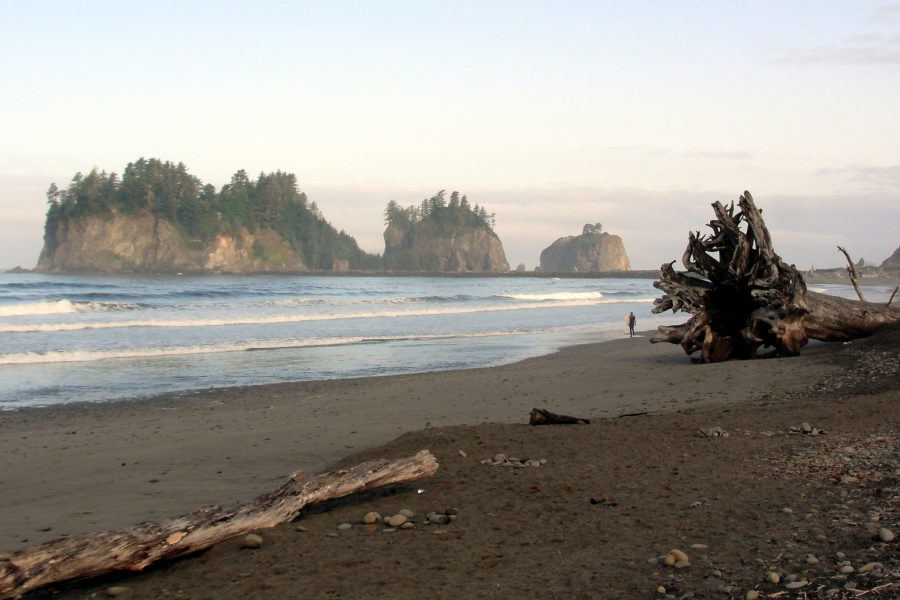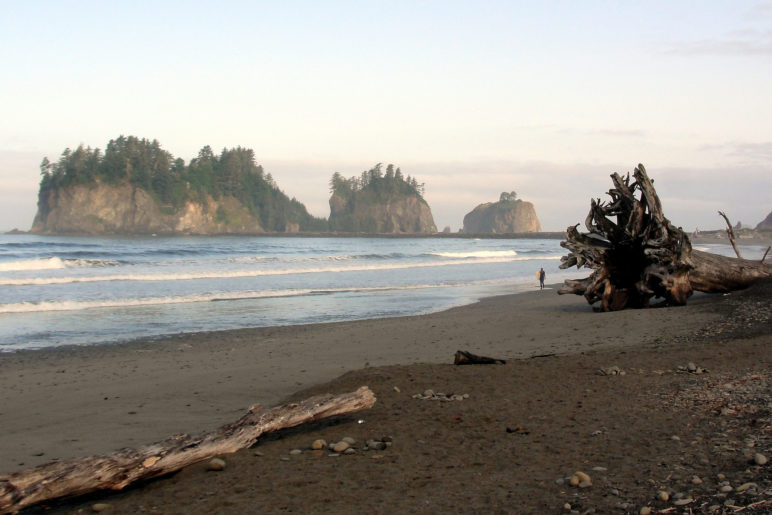For nearly a decade, Northwest communities have been embroiled in fights over coal, oil, and gas export schemes. It’s no secret that these debates are fractious—they strain civic institutions and often leave bruised feelings. Yet on Washington’s Pacific Ocean coast, a quieter and more collaborative approach is yielding inspiring results. What’s happening under the aegis of the Marine Spatial Planning initiative is, in many ways, a model for the kind of slow-but-careful collaboration that might have forestalled these conflicts in the first place.
Marine Spatial Planning is by its nature a bureaucratic process and so its language tends to be a bit technical and perhaps too laden with jargon. Still, it’s worth taking a moment to follow along. The heart of the plan is about providing a framework to guide decisions about new development on the outer coast—things like oil export terminals and offshore wind farms—and to manage the region’s abundant natural resources as climate change begins to impact the area. Marine Spatial Planning should benefit everyone who uses the coast, whether fishermen, shellfish farmers, shippers, boaters, surfers, tourism business owners, or even people just flying a kite on the beach.
There is, naturally, an important dimension for conservation and environmental protection. After all, Washington’s coast is home to an astonishingly rich marine ecosystem, as well as communities where people’s livelihoods depend on a healthy ocean. Planning allows us to tap local knowledge and science to decide how we use our resources, and how we grow. It’s the kind of thoughtfulness that can reduce conflict and that Cascadia should bring to more areas of public policy, especially in an era when US federal environmental budgets are under threat.
After a public comment period (it’s open now), the Department of Ecology will finalize the plan and then NOAA will include it in the state’s Coastal Zone Management Program, effectively giving it the force of federal law. Before then, the Department of Ecology is hosting four public workshops in November, three on the outer coast and one in Tukwila. I recommend checking out Surfrider Foundation’s account of the draft plan, reading the underlying materials here, and submitting comments here by December 12.











Rusty West
Humanity MUST stop our fossil fuel extraction/transportation/burning ASAP if the Washington Coast, and the rest of Mother Earth, will have a chance for a sustainable future decades from now. This must happen ASAP. Thank you Sightline Institute for doing everything possible to promote climate recovery.